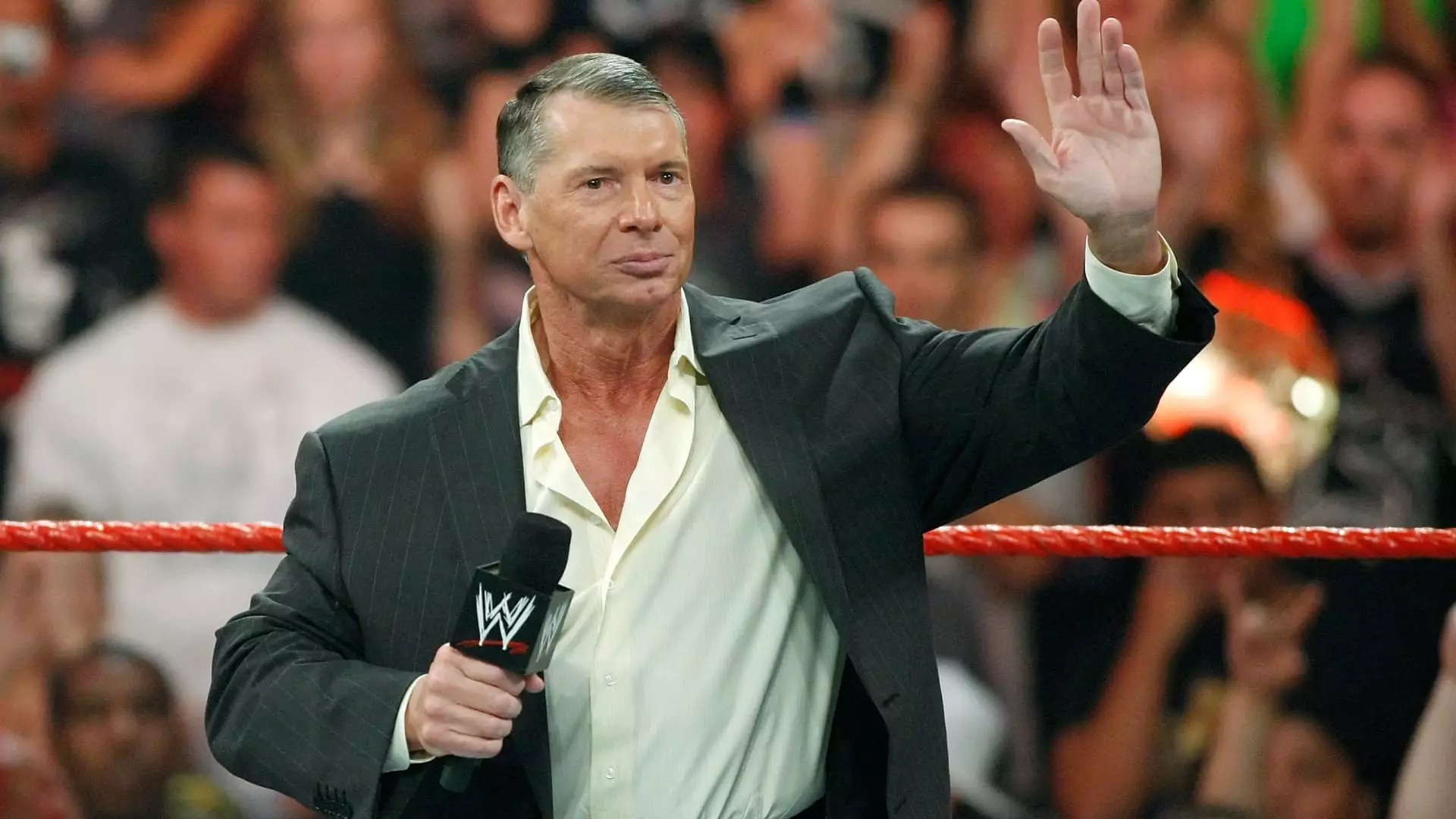In a startling legal development, Vince McMahon and World Wrestling Entertainment (WWE) are facing accusations of failing to intervene in the alleged sexual exploitation of young boys during the 1980s and 1990s. The lawsuit, filed in Baltimore County on behalf of five unidentified plaintiffs, implicates McMahon, his wife Linda, and WWE’s parent company, TKO Holdings, in what has been described as an environment of “open, rampant abuse.” This case raises profound questions not only about the conduct of key figures within one of the most influential sports entertainment organizations but also about the systemic failures that allowed such exploitation to flourish.
Central to these allegations is Melvin Phillips Jr., a ringside announcer who passed away in 2012. He is accused of grooming and sexually abusing young boys—referred to as “ring boys”—who were as young as twelve. The lawsuit details the psychological manipulation employed by Phillips, who allegedly lured these vulnerable children into situations under the guise of meeting wrestling icons. The claimants report that the abuse did not just occur in the confines of wrestling events but continued in hotels and other off-site venues, suggesting a calculated pattern of predation.
What amplifies the horror of the individual acts of abuse is the accusation that Vince and Linda McMahon, among others, were aware of Phillips’s inappropriate behaviors yet chose to take minimal action. The evidence purportedly suggests that following initial complaints about Phillips, he was not only fired but also reinstated within weeks under the stipulation that he should “steer away from kids.” This decision raises serious ethical questions about the willingness of leadership to protect vulnerable minors over the financial interests and reputation of the WWE.
Greg Gutzler, leading the litigation on behalf of the victims, described the knowledge of the abuse by those in power as “simply unconscionable.” This powerful statement underscores the frustration that emerges in cases where those in positions of authority prioritize organizational loyalty and profit over child safety, highlighting a critical failure in corporate governance.
The emergence of this lawsuit occurs against the backdrop of ongoing discussions about children’s rights and the limitations imposed by statutes of limitations in abuse cases. The plaintiffs credit recent changes in Maryland law, which allows for delayed disclosures to be heard in court, as a crucial avenue for holding abusers accountable.
Marci Hamilton, founder of Child USA, emphasizes the importance of reforming statutes to protect children, arguing that it is essential to allow survivors to share their stories, even if years have passed since the abuse occurred. The provision for a window in which claims can be brought forth signifies hope for many who have suffered silently, providing children a path toward justice and healing.
The broader context of Vince McMahon’s public persona has been further scrutinized following the release of “Mr. McMahon,” a six-part Netflix documentary that delves into accusations of misconduct against him, including past allegations of coercion and sexual trafficking. This media spotlight not only brings public attention to McMahon’s legacy but also highlights the ongoing discussions and investigations surrounding abuse within powerful institutions. As news of the lawsuit reverberates through social media and news outlets, it poses significant reputational risks for WWE and McMahon, who have long cultivated an image as icons of entertainment.
The lawsuit against Vince McMahon and WWE is more than just a legal accusation; it is a sobering reminder of the imperative to prioritize the safety and well-being of children within any institution. The combination of the allegations against Phillips and the perceived complicity of those in power challenges the very foundation of trust and integrity that any organization, especially one proclaiming to celebrate athleticism and entertainment, should uphold. As the case progresses, it presents an opportunity for meaningful accountability that transcends individual culpability and seeks to transform the culture surrounding child protection in sports and entertainment, ensuring that history does not repeat itself.



Leave a Reply